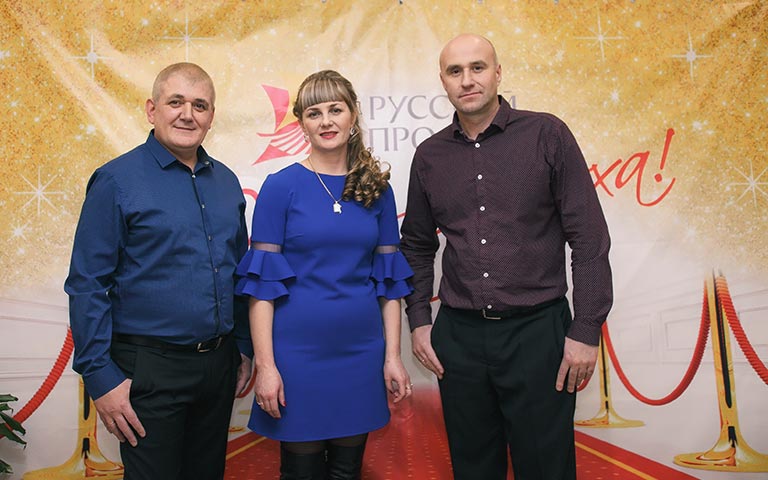A Bit Sweet, A Bit Lemony
Alpi Firari –
When a Turkish person first visits East London, their astonishment is hard to hide. Walking among Victorian houses, it’s a shock to suddenly encounter local men casually drinking tea and smoking outside a café. Honestly, I’m used to kebab shops, but when I saw an Ev-Kur, I whipped out my phone and posted it on Instagram.
(Yes, I confess, I’m one of those people.)
Discovering a Turkish comedy community in London is just as surprising. Sure, you might think there are some amateurs ready to do stand-up. But who’s going to buy tickets to watch them? It’s wild! However, I did some Googling for you: there are at least 450,000 Turkish speakers in London. So, if each event sells tickets to just 50 people…
(No, I’m not one of those calculating types. Not that extreme.)
The Turkish-speaking communities in London are as diverse as in Anatolia. Starting with Cypriots, Alevis, and Kurds, then branching out to white-collar workers, millennials, followers of FETÖ, and AKP supporters—the spectrum is vast. At first, I felt like a tourist among the millennial wing of this spectrum. Until I experienced the struggles of diaspora life and saw things from a different angle. The warm tones of red tiles and the chirping of birds faded during that first winter.
(You know, just the struggles of being away from home.)
There’s a global term for the experience of being in diaspora. It’s called ‘diaspora,’ meaning ‘scattered around’ or ‘displaced.’ Will this stylish-sounding word provide a remedy for my persistent feelings of disconnection? What’s my place in this diaspora, built by a generation that sought refuge from various human rights abuses?
With my millennial woes, I’m not just a scatterer in this community; I’m more of a drifter. My diaspora isn’t painful; it’s more of a lemony experience. A bit sweet, a bit lemony…
(Oops.) —
The number one need of a millennial drifter is to have a well to shout their unspeakable troubles into. Chosen families and close friends on Instagram are the primary support networks for drifters. However, life tends to push chosen family members apart. Soon, troubles deepen to a level that can’t be contained on Instagram. The drifter is in dire need of a new well.
This is where my path crossed with the Lemonade Comedy Club at just the right moment. I’m not particularly good at storytelling to strangers, but to be honest, I can be a bit of an attention seeker. I love the dust of the stage and the feel of the microphone. The thrill of being up there keeps me alive. For me, merging with others through the magic of the stage is the highest art after life itself. Instead of our troubles echoing in wells, let our laughter resonate in the halls.
(Long live stages and those who support them!)
As you know, the Turkish stand-up scene stepped into a new era post-2020. The inflationary economy of recent years has significantly increased the number of drifters, not just in terms of market prices. We’re realizing we’re not unique as misled millennials. Could my meeting with Lemonade at this moment be a coincidence? Just asking.
(After all, timing is everything in comedy!)


